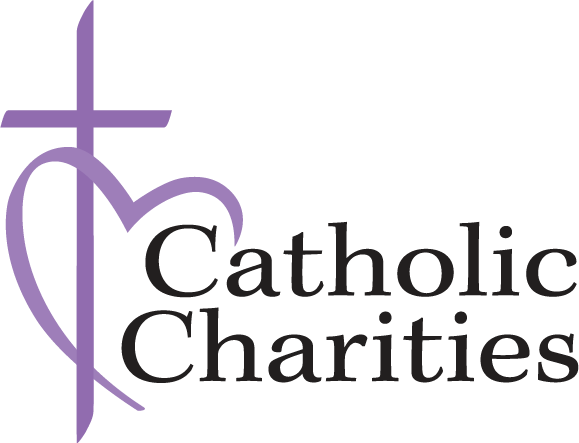Privacy Policy
Questions About Catholic Charities Privacy Policy
This website is owned and operated by Catholic Charities of the Diocese of St. Cloud (Catholic Charities). We recognize that visitors to our site may be concerned about the information they provide to us, and how we treat that information.
Website Information Accuracy
It is the policy of Catholic Charities to present correct and accurate information. If inaccuracies come to our attention, Catholic Charities will attempt to correct them in a timely manner. To report any website inaccuracies, please email marketing@ccstcloud.org or call (320) 650-1641.
Donor Privacy Policy
Catholic Charities respects the privacy of all donors and prospects. We believe in safeguarding personal donor information. Donor names, addresses and any other personal information provided will be used only by Catholic Charities to inform donors and prospects of activities including program updates and outcomes, special events, and funding requests. If at any time a donor chooses not to receive these communications, the individual can remove their name from the organization’s mailing list by contacting the Organizational office.
Catholic Charities may publish a list of the names of donors in an annual report which is available on our website. Donors can choose to remain anonymous and will not be published in this report.
Electronic Personal Records
Donor information is maintained in a secured database, and only authorized personnel have access to this information and only for appropriate business purposes.
Catholic Charities collects and maintains the following types of donor information when it is voluntarily provided to us:
- Contact information such as name, address, telephone number and email address
- Giving information
- Information on events attended, publications received and special requests for program information
- Information provided by the donor in the form of comments and suggestions
- Information is collected in multiple ways:
- Face to face conversation with the constituent
- Via paper forms and/or payment methods filled out by the constituent (donation and membership forms, pledge forms, other correspondence, checks, etc.)
- Online (donation forms, e-mails, online e-newsletter sign-ups, volunteer registration, advocate registration)
- Phone calls with the constituent
- Third party data providers and research resources
- News articles and publications
This confidential information is kept on file for IRS purposes. It is also used to analyze overall giving patterns in order to understand donors’ interests in our mission and to update them on the organization’s plans and activities. This information is shared with staff, board members, volunteers and consultants only on a confidential and need-to-know basis.
Mailing Lists
Catholic Charities does not rent, sell, give away, or trade its donor lists or any information contained on those lists. Donor information is used by the organization for charitable purposes only as described above and will not be used by any entity outside of the organization, except on organization business. To review personal information collected and/or request changes, the Development office should be contacted by phone at 320-650-1642.
Catholic Charities may be legally required to disclose information, and complies with all applicable legal requirements and standards.
The Donor Bill of Rights
Philanthropy is based on voluntary action for the common good. It is a tradition of giving and sharing that is primary to the quality of life. To ensure that philanthropy merits the respect and trust of the general public, and that donors and prospective donors can have full confidence in the nonprofit organizations and causes they are asked to support, we declare that all donors have these rights:
I. To be informed of the organization’s mission, of the way the organization intends to use donated resources, and of its capacity to use donations effectively for their intended purposes.
II. To be informed of the identity of those serving on the organization’s governing board, and to expect the board to exercise prudent judgment in its stewardship responsibilities.
III. To have access to the organization’s most recent financial statements.
IV. To be assured their gifts will be used for the purposes for which they were given.
V. To receive appropriate acknowledgement and recognition.
VI. To be assured that information about their donation is handled with respect and with confidentiality to the extent provided by law.
VII. To expect that all relationships with individuals representing organizations of interest to the donor will be professional in nature.
VIII. To be informed whether those seeking donations are volunteers, employees of the organization or hired solicitors.
IX. To have the opportunity for their names to be deleted from mailing lists that an organization may intend to share.
X. To feel free to ask questions when making a donation and to receive prompt, truthful and forthright answers.

